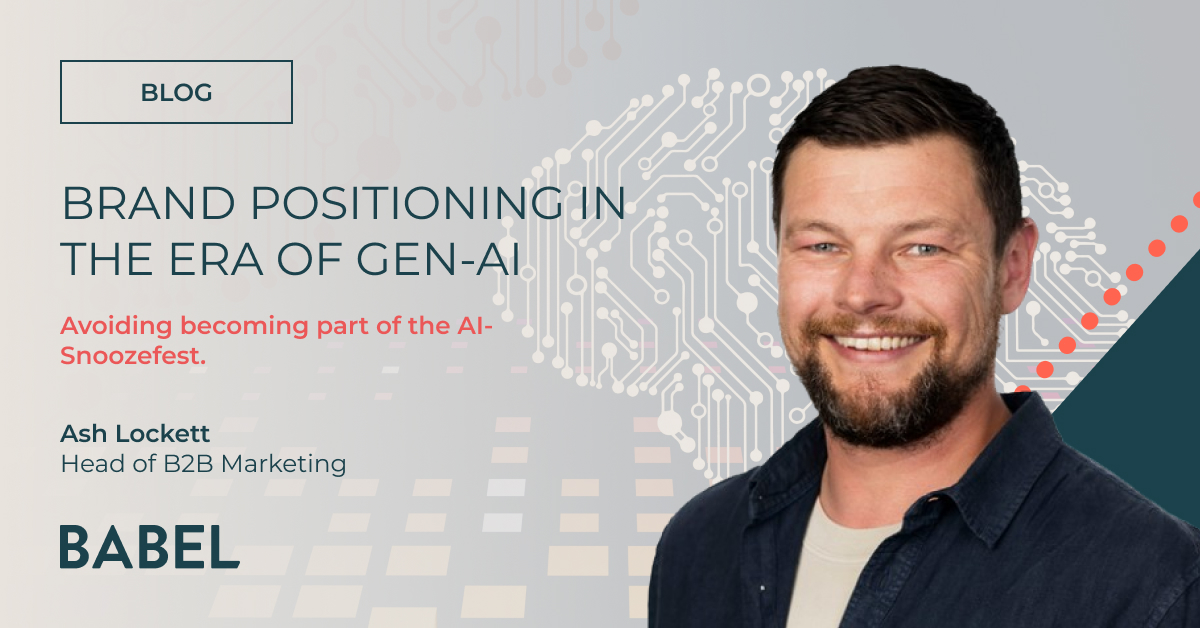Anite-led METIS group finalises the world’s first 5G radio channel models
Fleet, Hampshire, UK – 09 April, 2015 – Anite, a global leader in wireless equipment testing technology, announced today that an Anite-led task group within the METIS¹ project has finalised the world’s first 5G radio channel models. This is the first radio channel model proposal to be delivered by an international project consisting of key industry players and universities. The proposal will help to accelerate the development of 5G radio access technologies and future mobile industry standards.
Researchers and developers of new technologies and products will benefit from the proposed 5G radio channel models in several areas. These include system performance evaluation, system optimisation, radio interface simulation and prototyping, R&D testing and final product approval.
As 5G will support a broad range of applications, different channel models are expected to be required. The METIS proposal consists of three different models: a map-based model, a stochastic model and a hybrid model (derived from the two previous models). This provides a flexible and scalable channel modelling framework.
The METIS proposal details end-user scenarios, test cases and requirements mapped to various propagation scenarios. Consequently, the proposed radio channel models address a very wide frequency spectrum; from relatively low frequencies in the current cellular frequency bands to centimetre and millimetre wave frequencies.
Paul Beaver, Products Director at Anite’s Device & Infrastructure Testing business, comments: “We are delighted to have reached this important milestone in collaboration with key industry players; delivering significant technical expertise to help speed up next generation wireless technology development.” He continues, “Anite’s Propsim radio Channel Emulator, with industry-first 5G radio channel models, will enable developers to characterise the performance of early 5G designs.”
¹METIS (Mobile and wireless communications Enablers for 2020 Information Society) is co-funded by the European Commission as an Integrated Project under the Seventh Framework Programme for research and development (FP7).





